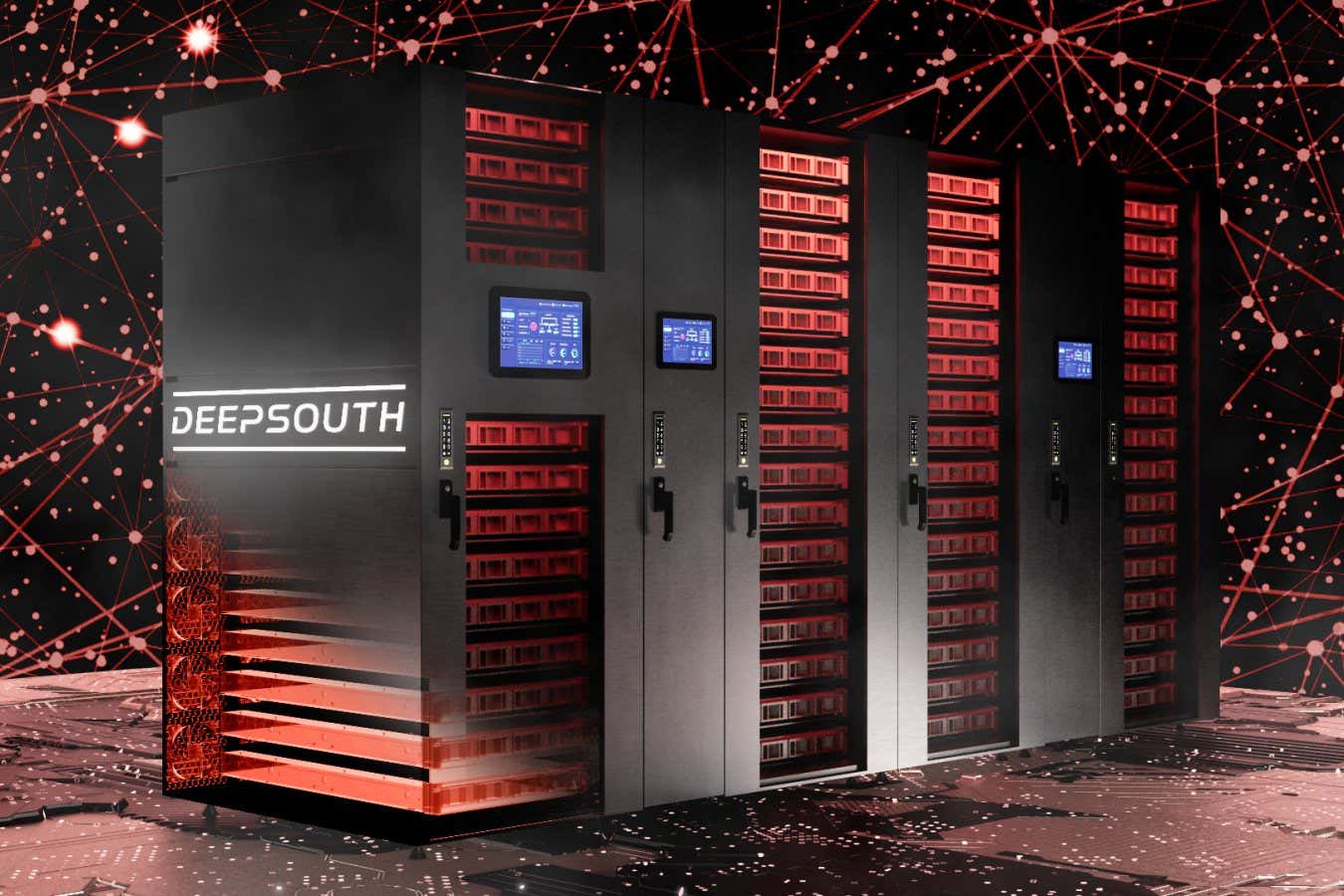- cross-posted to:
- science@lemmit.online
- cross-posted to:
- science@lemmit.online
A neuromorphic supercomputer called DeepSouth will be capable of 228 trillion synaptic operations per second, which is on par with the estimated number of operations in the human brain
Edit: updated link, no paywall



By orders of magnitude if it’s a smartwatch.
It’s a BangleJS. So, not super powerful, but I can program it myself and it has gps, gyro, Bluetooth, and two weeks of battery (assuming I’m not using that stuff constantly.)
A Casio nothing-watch has more power than the Apollo computers, so yeah, definitely many orders of magnitude for the BangleJS.
Does it?
Yup. One of those cards that plays a tune when you open it is more powerful than the Apollo computer. Apollo was only working on 4kb of RAM and 74kb of ROM.
If I had been in charge of figuring out how to make that work everyone would definitely be dead.
Houston we have no idea what our trajectory is and it’s just playing happy birthday over and over.
Those cards are more powerful than the watches I’m thinking of when people say “Casio nothing-watch”, I think is what I was getting at. I’m thinking simple digital watches from the 80s/90s/2000s, kind of thing. As far as I know they have no real programmable logic, and anything that might be considered RAM is under 1KB.
But yeah those cards that actually play recorded samples are probably more powerful general computers than onboard Apollo, that’s a good comparison.
Still, those computers and stuff like the Saturn instrument unit were freaking marvels, considering what all they could actually do with so little.
I’ve been hearing that quote about watches being more powerful since I was a child in the 80s. And I think it refers to processing speed - or even moreso, calculations per energy. Sure the watches may not have as much RAM/ROM, but they work fast enough to fully update every second, and do so using little enough power to last years on a coin cell.